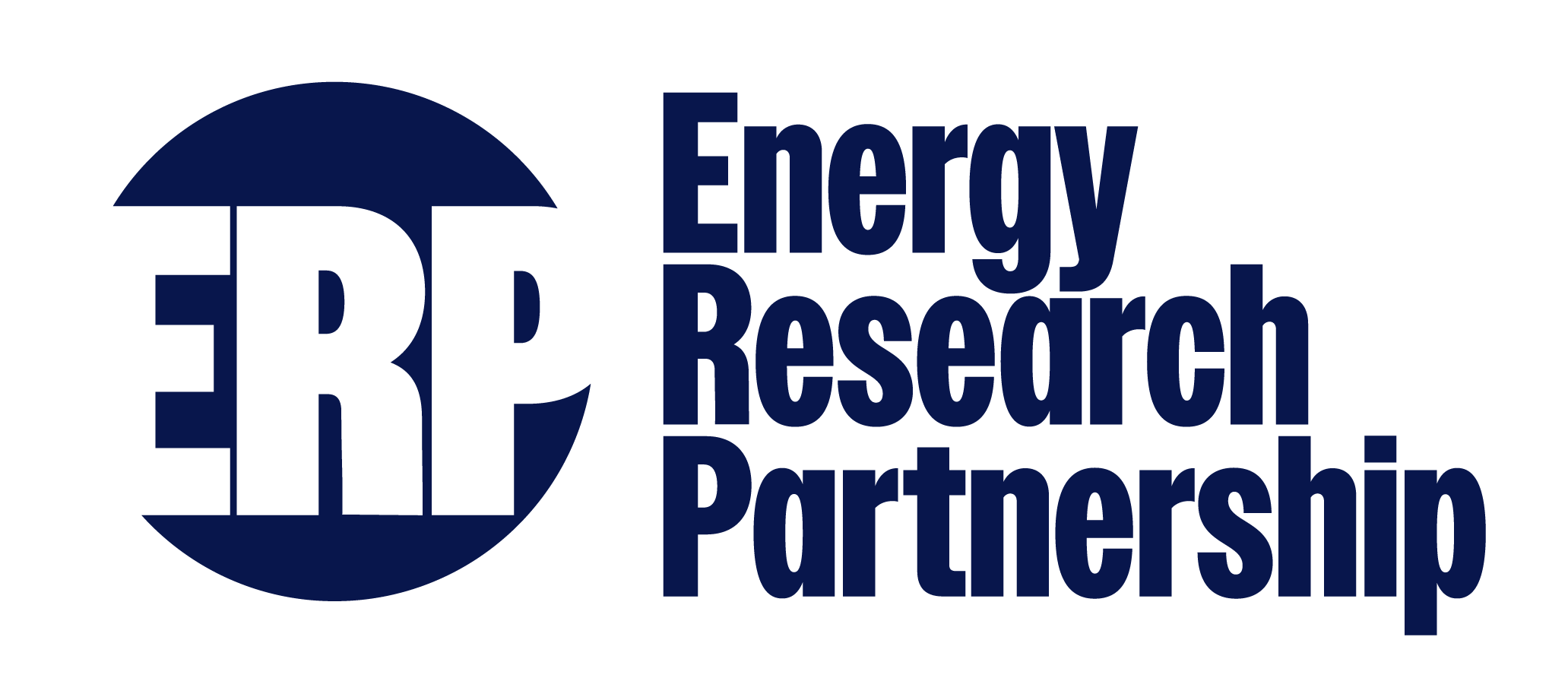Background
The world’s energy systems are fundamentally inefficient – as little as 11% of primary energy may end up in useful product, such as materials, heat, light and motion. Industry has a key role, not only to improve its own use of energy, but also deliver more efficient products and materials. Industry is responsible for 18% of final energy demand in the UK and about 32% of its total greenhouse gas emissions. However, projections indicate that cutting carbon emissions from industry will be harder than in most other sectors leaving it as one of the biggest emitters in 2050.ERP undertook a study to understand the potential to improve the use of energy across industry.
Tackling industrial energy use has tended to focus on de-carbonising energy supplies and CCS, to reduce carbon emissions. This study focuses intentionally on energy efficiency, not carbon efficiency. Energy efficiency delivers both cost savings to industry and a reduction in carbon emissions. Many of the technologies are already available and could be implemented over the next 10-15 years, cost effectively.
Show more
Conclusions and Key Messages
Companies may appear to be economically rational, and hence that value adding actions to improve energy efficiency would already have been adopted; our study reveals that this is often not the case. Without energy efficiency measures industry will become increasingly dependent on a low carbon electricity infrastructure and on alternative carbon reduction measures such as biomass and CCS, which present uncertain costs and in the latter case reduce the efficient use of energy.
The key messages and recommendations emerging from the study are:
Improving energy efficiency is not only good for industry but also addressing climate change targets. Despite delivering emission reductions at low cost, energy efficiency projects are less tractable than other low-carbon options. Greater emphasis is needed on energy efficiency not only in industry but how it interacts with the wider energy system and economy. To deliver this requires:
- Levelling the playing field between low carbon energy supply and energy use by introducing a package of policy measures that incentivise energy efficiency projects. These should take account of the differing needs of industry sectors factoring in size and energy intensity.
- The UK working with manufacturing industries to reduce the risks of manufacturing off-shoring and increasing global emissions through carbon leakage.
- Encouraging companies to share and adopt best practice, through measures such as:
- Setting Board level targets
- Appointing a senior manager with accountability for energy efficiency
- Changing the hurdle rate of return for energy efficiency projects to fully account for the benefits from energy efficiency projects.
- Monitoring energy use to ensure benefits of energy efficiency projects are recognised.
- Further research is required to understand how energy moves through the entire system and where losses occur, particularly heat and energy embodied in materials.
The key messages from the study was published in November 2011, which emphasised the need for a greater focus on energy efficiency to deliver low cost carbon reductions.
Steering Group
This report has been prepared by Richard Heap in the ERP Analysis Team, with input from ERP members and their organisations.
Steering Group chair
Steering Group Members
- Graeme Sweeney – Shell
- Tony Iles – Atkins
- Ben Curnier – Carbon Trust
- Bob Sorrell – BP
- Sam Balch – DECC
The views are not the official point of view of any of these organisations or individuals and do not constitute government policy.
Further Information
Any queries please contact Richard Heap, ERP Analysis Team.

